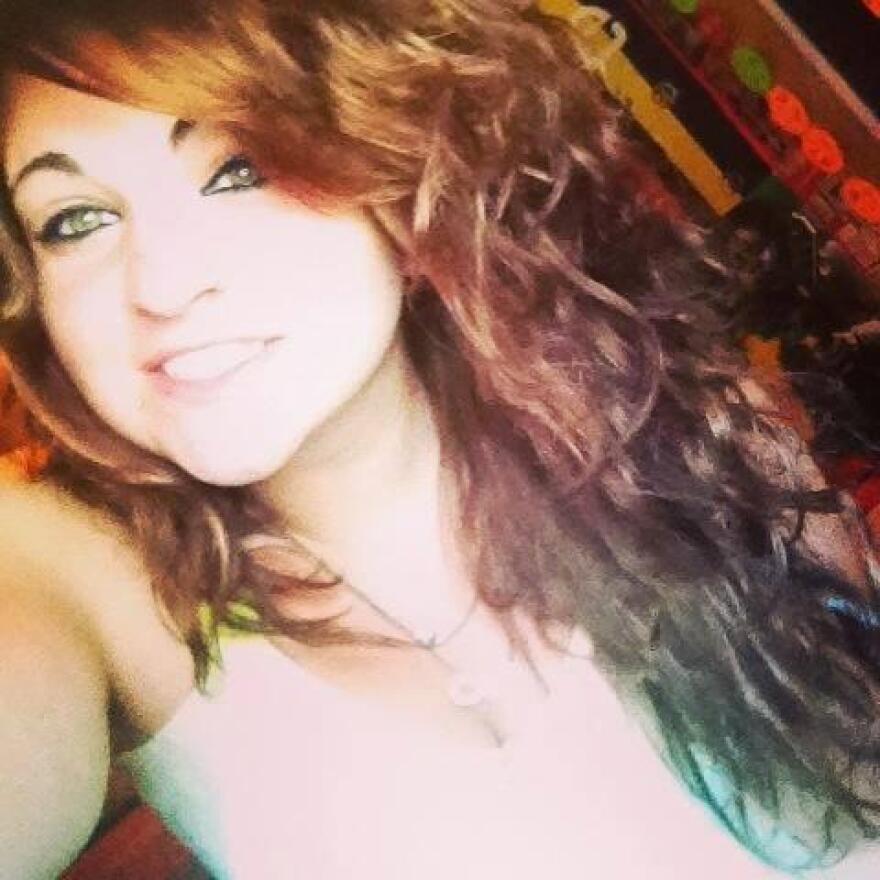The case raises a broader question about what society expects parents to do while raising teens who are nearly legal adults.
Cassandra C, 17, is being forced by the state to undergo chemotherapy treatment for her Hodgkin's Lymphoma. Under a court order, DCF has had temporary custody of Cassandra since mid-December.
DCF now says it is exploring other options for her while she continues treatment. Cassandra's next chemotherapy treatment won't happen for several weeks, so she may be allowed to leave the hospital and live in a group home. While there, she would continue to receive other treatments DCF says she needs.
Cassandra's attorney, Joshua Michtom, said on WNPR's Where We Live that Cassandra is in her hospital room with someone at guard at all times. For her, he said, being anywhere other than her one room in the hospital would be preferable.
"Chemo is miserable," Michtom said. "[Cassandra] only gets two visits a week from her mom. Her phone has been taken away. She has limited Internet access. She's not getting any regularized counseling."
Before the Connecticut Supreme Court, Michtom said he wanted to give his client the chance to prove that she was mature enough to make her own medical decisions. "Some 14-year-olds are more mature than some 19- or 20-year-olds," he said. "It's worth making an individual assessment about where this kid is at."
In a statement Wednesday, DCF said:
We are exploring options for Cassandra to live in a specialized group home where her medical needs will continue to be addressed and where we know she will receive the treatment she needs to recover and save her life. Cassandra is able to leave the hospital because her next chemotherapy treatment will not occur for several weeks. However, there are other medical treatments that are required for Cassandra to continue her progress toward recovery. The group home we are considering has the medical staff available to provide those treatments. At this point, and due to the fact that mother has missed critical medical appointments for Cassandra, and has not facilitated necessary medical treatment, returning Cassandra home is not an option that will ensure she receives the treatment she needs to save her life. Most important, we are pleased with the progress Cassandra is making, and we are optimistic she will have a long and healthy future.
Cassandra will turn 18 in a matter of months, and can make her own medical decisions that point as an adult. Michtom wondered aloud, rhetorically, whether that change transforms her ability to be mature. "Adults can say no to treatment," he said. "Adults can make a decision that most of us might disagree with. Are you completely foolish one night, and wise the next?"
The case, Michtom said, raises a broader question about what society expects parents to do while raising teens who are nearly legal adults.
"If I had a 17-year-old child who wouldn't take medicine," Michtom said, "I doubt I could strap that child down and force treatment," which is what DCF did the first time Cassandra was treated with chemotherapy, he said. "Seventeen-year-olds are practically grown. It raises the question of how we get minors, who are almost adults, to do what we want them to do."


